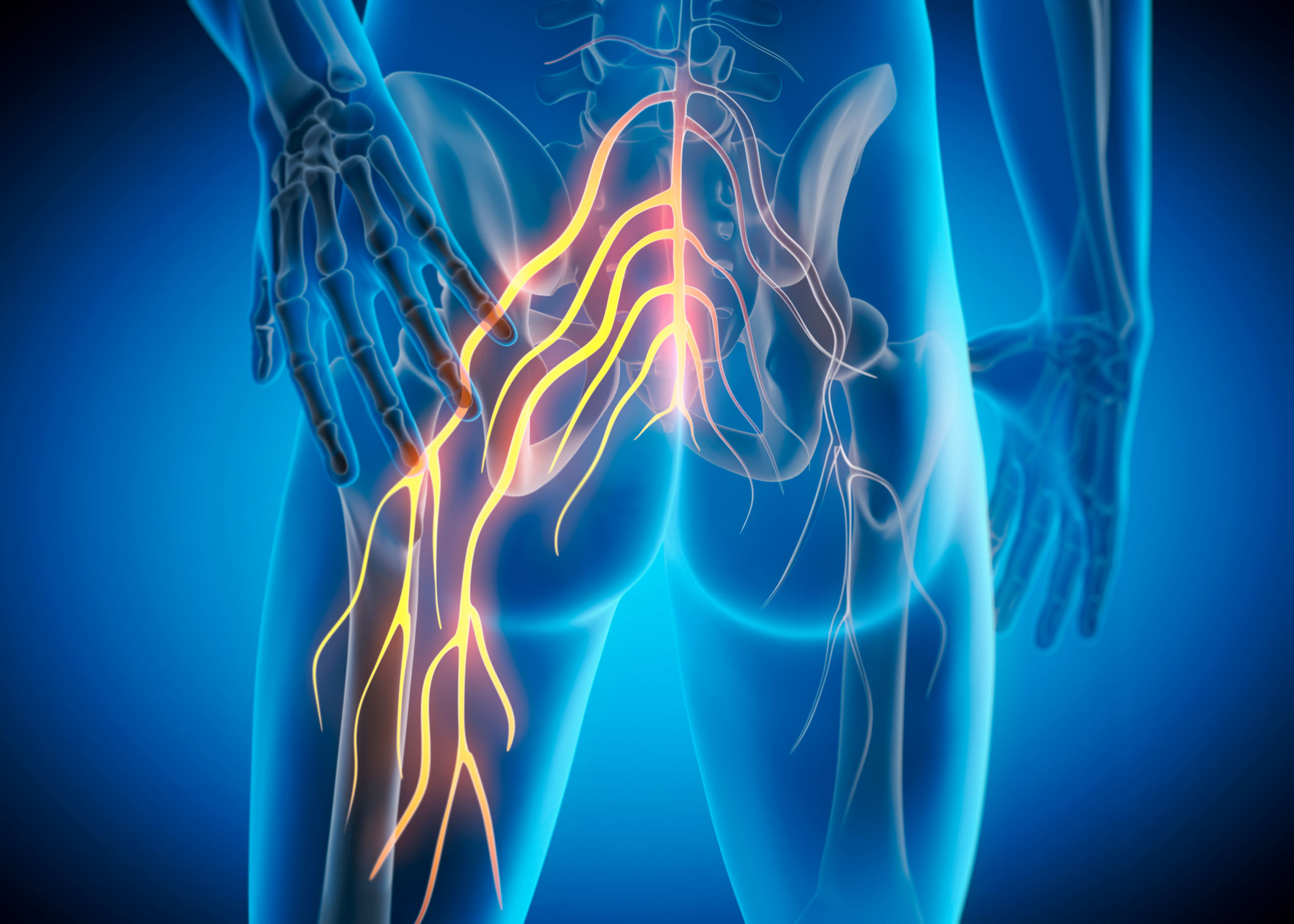Understanding Nerve Pain: Symptoms, Causes, and Treatment Options
What is Nerve Pain?
Nerve pain, also known as neuropathic pain, is a complex, chronic pain state that usually arises from nerve damage. This type of pain is often described as a shooting or burning sensation and can be incredibly debilitating for those who experience it. Unlike other types of pain, nerve pain doesn't typically respond to standard pain medications, making it challenging to manage.

Common Symptoms of Nerve Pain
Identifying nerve pain can be tricky due to its varied symptoms. Some common signs include:
- Burning sensation: A persistent feeling of warmth or heat in the affected area.
- Tingling or numbness: Often described as "pins and needles," this sensation can be continuous or intermittent.
- Shooting pain: Sudden, sharp jolts of pain that can occur without warning.
- Increased sensitivity: The slightest touch or change in temperature can cause significant discomfort.
Causes of Nerve Pain
Nerve pain can stem from various conditions and injuries. Some of the most common causes include:
- Diabetes: High blood sugar levels can lead to nerve damage, particularly in the feet and legs.
- Injuries: Physical trauma from accidents or surgeries can result in nerve damage.
- Infections: Conditions like shingles or HIV can affect the nerves.
- Autoimmune diseases: Disorders such as lupus and rheumatoid arthritis may attack the nervous system.

Diagnosing Nerve Pain
Diagnosing nerve pain typically involves a comprehensive medical history and physical examination. Doctors may also use imaging tests like MRI or CT scans to identify any underlying causes. In some cases, nerve conduction studies are conducted to assess the function of specific nerves and pinpoint areas of damage.
Treatment Options for Nerve Pain
Treating nerve pain often requires a multifaceted approach due to its complex nature. Some common treatment options include:
- Medications: While standard pain relievers may not be effective, anticonvulsants and antidepressants can sometimes provide relief.
- Physical therapy: Exercises and stretches can help improve mobility and reduce pain.
- Nerve blocks: Injections that numb specific nerves may offer temporary relief.
- Lifestyle changes: Managing conditions like diabetes through diet and exercise can prevent further nerve damage.

The Role of Alternative Therapies
Many individuals turn to alternative therapies when conventional treatments don't provide relief. Acupuncture, massage therapy, and chiropractic care are popular options that may help alleviate symptoms for some people. Additionally, practices like mindfulness meditation and yoga can promote relaxation and reduce stress, potentially easing nerve pain.
Coping with Nerve Pain
Living with nerve pain can be challenging, but there are strategies to manage daily life more effectively. Joining support groups, whether in-person or online, can provide a sense of community and shared experience. Additionally, maintaining open communication with healthcare providers ensures that treatment plans are tailored to individual needs and adjusted as necessary.
Ultimately, understanding nerve pain is the first step towards effective management. By recognizing symptoms and exploring various treatment options, individuals can take proactive steps towards improving their quality of life.
